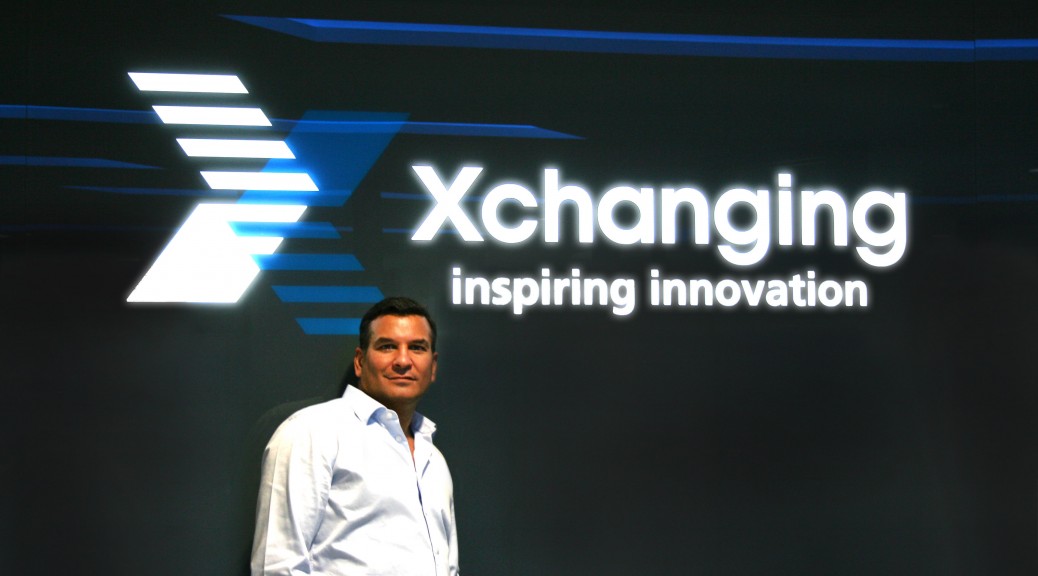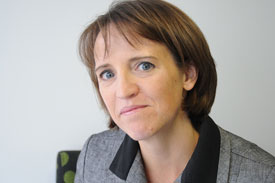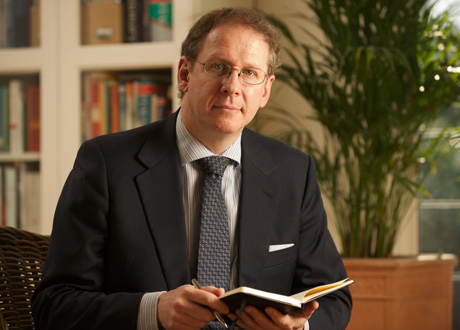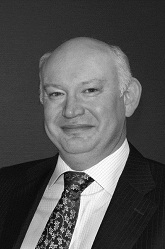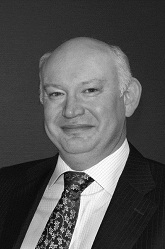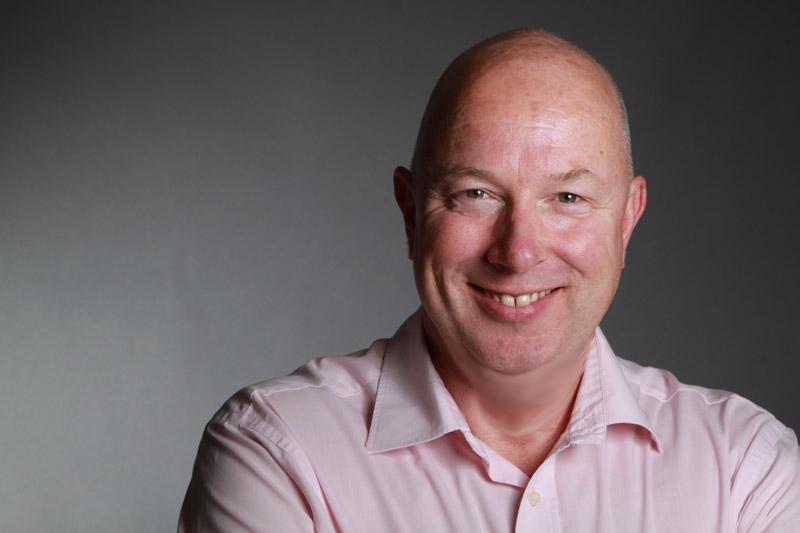Green Dragon Gas Ltd (AIM:GDG), one of the largest independent companies involved in the production of CBM gas and the distribution and sale of wholesale gas in China, is pleased to announce the appointment of Wayne Roberts as a Non-executive Director of the Company with immediate effect. Mr Roberts has over 25 years’ experience in the Oil & Gas industry; he will be an independent member of the board and will be a member of the Audit Committee.
Until earlier this year, Mr. Roberts was Senior Vice President, Commercial, at BG Group plc (“BG”) for Africa, the Middle East and Asia and was accountable for commercial, business development activities within that region and was directly responsible for BG’s businesses in Tanzania, Kenya and Madagascar. During his tenure with BG, he was also President of BG Asia Pacific, based in Singapore, where he was responsible for BG’s oil, gas and power businesses in Singapore, Thailand, Philippines, Malaysia and China. His responsibilities for China involved signing concessions with China and negotiating the successful sale of assets to CNOOC and Sinopec, thus developing senior-level relationships with both CNOOC and the Chinese Government. Mr. Roberts also had management responsibility for BG’s newly-established LNG business in Singapore.
Prior to joining BG in 2000, Mr. Roberts worked at Atlantic Richfield (“ARCO”) in the UK and the United States where his experience included being a member of the BP/ ARCO merger integration team. Before 1994, when he joined ARCO, Mr. Roberts managed the refining and petrochemical consulting business for Europe, the Middle East and Africa for Honeywell. Mr. Roberts is a Chartered Engineer and holds a first class honours degree in Chemical Engineering from the University of Manchester and an MBA from INSEAD.
Commenting, Wayne Roberts said: “I am very pleased to be joining the board of Green Dragon Gas at this important time. The Company has a unique and prospective set of assets in China, together with an experienced and committed team ready to take the business forward. It is an exciting time of investment and growth for the Company and I look forward to bringing my gas industry experience to the board to help Green Dragon Gas serve the high-growth, high-value gas markets in China.”
Commenting, Randeep S. Grewal, Chairman and CEO of Green Dragon Gas said:
“I am delighted to welcome Wayne to the Green Dragon Gas board. I believe that the range of his expertise and the breadth of his experience are quite complementary to our current board and thus will be of great accretive value to the Company. In particular his experience of operating integrated gas-only focused businesses as well as his experience within the PRC combined with his engineering background will be of significant benefit. I look forward to working with Wayne as we expand the scale of the Company’s operations as it continues its development from exploration to production; his addition to the board is timely.”
For further information on the Company and its activities, please refer to the website at www.greendragongas.com.
Wayne Roberts is a Sainsbury Management Fellow.







